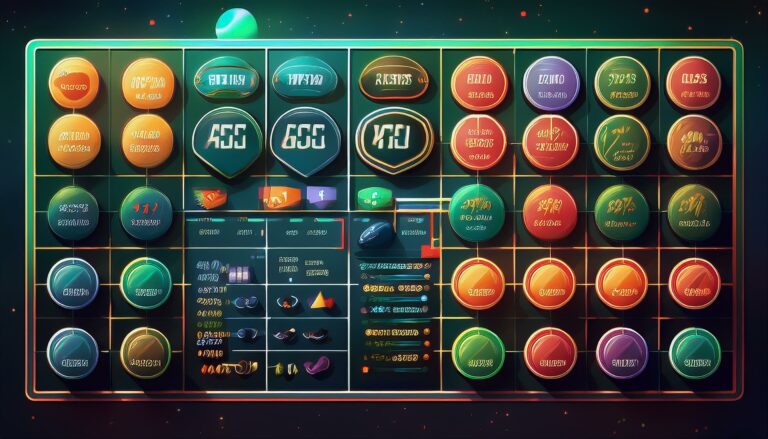Transfer Regulations in Cricket: Navigating Player Transfers and Contracts: Diamond exch 999, Play 99 exch login, Reddybookclub
diamond exch 999, play 99 exch login, reddybookclub: Transfer Regulations in Cricket: Navigating Player Transfers and Contracts
If you’re a cricket fan, you’ve likely heard about player transfers and contracts. The cricketing world is filled with excitement and drama when players move from one team to another. But behind the scenes, there are strict regulations that govern these transfers and contracts. In this article, we’ll delve into the world of transfer regulations in cricket and help you understand how players navigate these processes.
Player Transfers
Player transfers in cricket can happen for various reasons, such as better opportunities, financial gain, or team needs. However, these transfers are not as simple as signing a new contract. The International Cricket Council (ICC) has set regulations to ensure fair play and transparency in player transfers.
Contractual Agreements
Before a player can transfer to a new team, they must adhere to their contractual agreements with their current team. Cricket boards and franchises have strict rules regarding player contracts, including clauses on transfer fees, release clauses, and contract durations. Players must honor these contracts unless both parties agree to terminate the agreement.
No Objection Certificate (NOC)
In some cases, players may require a No Objection Certificate (NOC) from their current team to facilitate a transfer. The NOC certifies that the player is released from their contractual obligations and can move to a new team without any legal issues. Obtaining an NOC is crucial for players seeking to transfer to another team.
Transfer Windows
Cricket boards often have specific transfer windows during which player transfers can take place. These transfer windows are set to ensure that transfers are processed in an organized manner and to prevent disruptions during the cricketing season. Players and teams must adhere to these transfer windows to facilitate smooth transitions.
Agent Representation
Many players hire sports agents to negotiate their contracts and transfers. Sports agents have in-depth knowledge of the transfer regulations and can help players navigate the complexities of player transfers. They negotiate transfer fees, terms of contracts, and other details on behalf of the players, ensuring that their interests are protected.
Player Rights and Protections
The ICC and cricket boards are committed to upholding the rights and protections of players during transfers. Players are entitled to fair treatment, transparency, and respect throughout the transfer process. If players feel that their rights have been violated, they can seek assistance from player associations or legal counsel.
FAQs
Q: Can players transfer to international teams?
A: Yes, players can transfer to international teams, but they must meet specific eligibility criteria set by the ICC and respective cricket boards.
Q: Are transfer fees common in cricket player transfers?
A: Transfer fees are not as common in cricket player transfers as they are in other sports like football. However, some transfers may involve compensation agreements between teams.
Q: How long do player contracts typically last in cricket?
A: Player contracts in cricket can vary in duration, ranging from a few months to several years, depending on the agreement between the player and the team.
In conclusion, player transfers and contracts in cricket are governed by strict regulations to ensure fairness and integrity in the sport. Players must navigate these regulations carefully, respecting their contractual obligations and seeking assistance when needed. By understanding the complexities of player transfers, players can make informed decisions and protect their interests in the ever-changing world of cricket.







